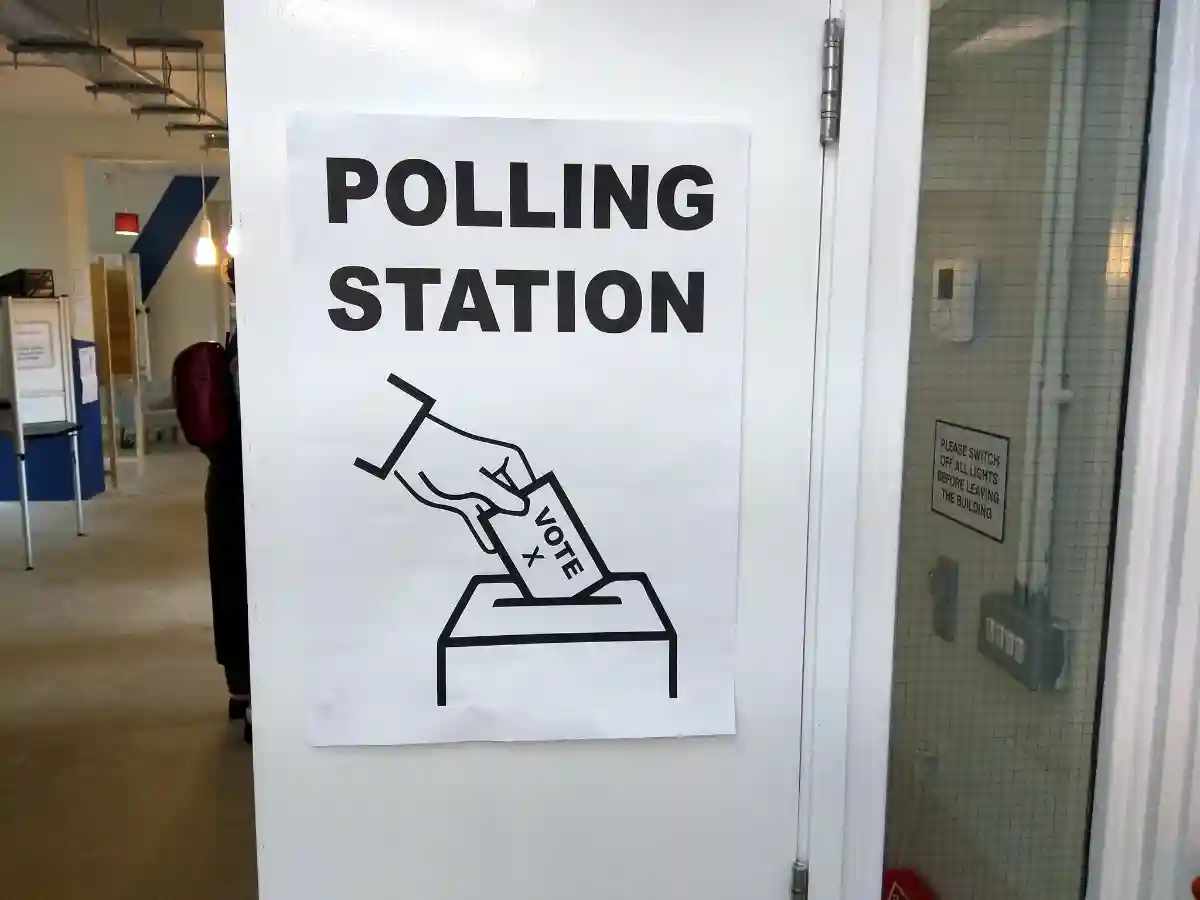Celiac.com 11/25/2023 - Embarking on a journey to unravel the intricacies of celiac disease and gluten-free living, this article delves into the recent Celiac.com poll results. Beyond mere statistics, we aim to dissect the perceptions and misconceptions surrounding celiac disease and gluten-free diets. Each poll question serves as a gateway to a realm of understanding, providing not only correct answers but also a nuanced exploration of why some individuals may have veered off course. Join us as we navigate through the survey insights, demystify common myths, and foster a clearer, more informed perspective on celiac disease and the gluten-free lifestyle.
The Gravity of Celiac Disease
Poll Question: Celiac disease is not a serious condition.
- Correct Answer: False (98%)
Celiac.com Sponsor (A12):
Celiac disease is indeed a serious autoimmune disorder. Individuals with celiac disease must adhere to a strict gluten-free diet to manage symptoms and prevent long-term health complications. The 2% who answered 'True' might lack a comprehensive understanding of the impact of untreated celiac disease on overall health.
Untreated celiac disease can lead to a spectrum of health issues, ranging from malabsorption of vital nutrients to more severe complications such as osteoporosis, infertility, and an increased risk of certain cancers. The immune system's relentless attack on the small intestine's lining can result in long-term damage, making it imperative for individuals with celiac disease to adopt a strict gluten-free diet. The profound health risks associated with untreated celiac disease emphasize the necessity of heightened awareness, dispelling any notion that this condition is anything less than a serious health concern demanding vigilant management.
Decoding Gluten-Free Diets
Poll Question: A gluten-free diet is always healthy.
- Correct Answer: False (70%)
The poll's findings indicating that 30% of respondents believe a gluten-free diet is always healthy shed light on a common misconception surrounding gluten and its alternatives. While a gluten-free diet is essential for those diagnosed with celiac disease or gluten sensitivity, assuming it universally equates to a healthier lifestyle is a misconception. Gluten-free products often contain higher levels of sugar, salt, and unhealthy fats to compensate for the altered taste and texture resulting from the removal of gluten. Additionally, individuals following a gluten-free diet may face challenges in obtaining essential nutrients like fiber, iron, and B vitamins, as many gluten-free substitutes lack the nutritional fortification found in their gluten-containing counterparts. It is crucial to approach a gluten-free diet with a well-informed perspective, acknowledging that its health benefits are contingent on making wise dietary choices rather than simply the absence of gluten.
Navigating Gluten-Free Labels
Poll Question: Foods labelled "gluten-free" often contain up to 19ppm of gluten, which is an unsafe level for people with celiac disease.
- Correct Answer: True (51%)
This question, though tricky, sheds light on an important aspect of gluten-free labeling. While the vast majority of gluten-free products comply with the 20ppm standard, some may hover close to this limit. The 49% who answered 'False' might not be aware of the strict standards in place and the rigorous efforts by manufacturers to ensure the safety of their products. It's crucial to emphasize that the proximity to the threshold does not necessarily make the product unsafe. Manufacturers take immediate action if a product tests close to the limit, ensuring the safety of individuals with celiac disease.
20 parts per million (ppm) of gluten is considered safe for the majority of people with celiac disease, and foods labeled "gluten-free" should adhere to the standard of containing less than 20 ppm of gluten, making them generally safe for individuals with celiac disease.
Food manufacturers take the detection of gluten in their "gluten-free" labeled products very seriously. If a product tests close to the 20 ppm threshold or exceeds it, manufacturers typically conduct a thorough investigation to identify the source of contamination. This is done to ensure that the product meets the required gluten-free standard and to prevent any potential harm to individuals with celiac disease, as well as to avoid an expensive product recall and potential lawsuits by those who might be injured.
Manufacturers aim to maintain the integrity of their gluten-free labeling and often implement quality control measures to prevent cross-contamination during the production process. In the event of a potential issue, they may take corrective actions, such as modifying production processes or sourcing ingredients from different suppliers.
The goal is to provide safe and accurately labeled products for individuals with celiac disease, and prompt action is taken to address any deviations from the established gluten-free standard.
Conclusion: Empowering Through Education
These poll results highlight the need for continued education and awareness about celiac disease and gluten-free living. By debunking myths and clarifying facts, we empower individuals to make informed decisions about their health. Remember, knowledge is key, and with the right information, we can foster a supportive and well-informed community for those living with celiac disease.








Recommended Comments
There are no comments to display.
Create an account or sign in to comment
You need to be a member in order to leave a comment
Create an account
Sign up for a new account in our community. It's easy!
Register a new accountSign in
Already have an account? Sign in here.
Sign In Now